 The Wellcome Trust aims to invest £5 billion over the next five years to improve health, as it launches a new strategic framework focussed on advancing the best ideas in science and research, seizing opportunities as they arise and taking advantage of our independence to drive reform.
The Wellcome Trust aims to invest £5 billion over the next five years to improve health, as it launches a new strategic framework focussed on advancing the best ideas in science and research, seizing opportunities as they arise and taking advantage of our independence to drive reform.This marks another step forward for Wellcome, the world’s second highest spending charitable foundation, which has invested £6 billion over the last ten years and £11 billion since it began in 1936.
Wellcome’s new framework consists of three complementary approaches across science, research and engagement with society:
- Advancing Ideas. Wellcome will continue to respond to great ideas and inspired thinking that address the fundamental health challenges of our time. Last year we unveiled our new funding framework to enhance our ability to support excellent research in the UK and worldwide.
- Seizing opportunities. Wellcome brings ideas together to make a big difference, providing intensive support that creates real change. We identify times when our concerted intervention can accelerate progress towards better health.
- Driving reform. Wellcome changes ways of working so more ideas can flourish, leading by example and campaigning for wider reform. Our record in areas like open access to research results, public engagement, and research careers has earned us the credibility to challenge ways of working, and to propose better alternatives.
The success of Wellcome’s £18 billion investments portfolio, which funds all of their work and is managed by an in-house team, has already given them the independence and resources to support such transformative work as the sequencing and understanding of the human genome, research that established front-line drugs for malaria, and Wellcome Collection, their free venue that explores medicine, life and the arts.
“The Wellcome Trust has a long-standing record in science and research of which we are very proud,” says Dr Jeremy Farrar, Director of the Wellcome Trust. “We are able to build on that legacy with an increased commitment to supporting people and teams with great ideas in basic science and applied research, social science and the humanities, which will remain at the core of our work. But we can now also bring additional focus to some of the biggest health challenges of our time. We responded swiftly to Ebola but there are other serious issues where we believe that we can help bring about change for the better.”
Their priorities will evolve as new challenges arise, drawing on insights from a rich history of achievement and a network of experts from different disciplines around the world. Their initial priorities include:
- Drug-resistant infection. Growing resistance to antibiotics and other drugs threatens many of the benefits of modern medicine. Wellcome will explore how best to use and protect the treatments we have, and to encourage the development of new ones.
- Vaccination. Too many lives are still lost to diseases that could be prevented by vaccines, mostly in low and middle-income countries. Wellcome will investigate how best to stimulate research, technology development and policy to address this critical unmet need.
- Our Planet, Our Health. Human health is intimately linked to the environment in which we live. Wellcome will build understanding of how global food systems and urbanisation connect to health, improving the evidence base for public policy.
- Science education. An appreciation of science, for the future scientist or the informed citizen, begins with learning in school and beyond. Wellcome will help give young people an engaging, relevant and inspiring science education.
Wellcome’s new Chair, Eliza Manningham-Buller, says: “It is an exciting time to be assuming the chair of the Trust. The organisation has a great record of achievement, working with others to improve human health. We now have the means to develop even higher ambitions. The long-term funding of discovery science will remain at the core of what we do but we are also determined to act quickly when we see other opportunities to make a real difference to health.”
View the full details of the Wellcome Trust’s Strategic Framework.


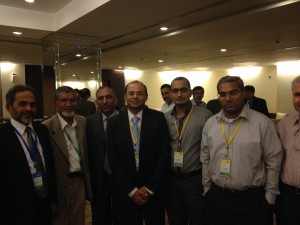
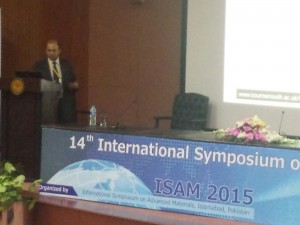

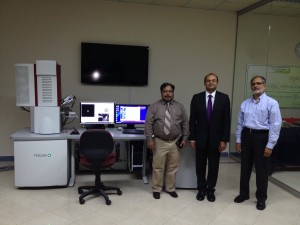
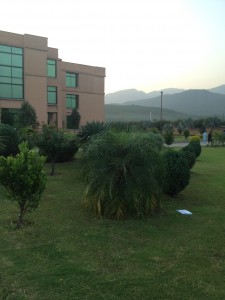 speaker and guest speaking at key universities and research institutes.
speaker and guest speaking at key universities and research institutes.
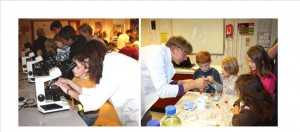


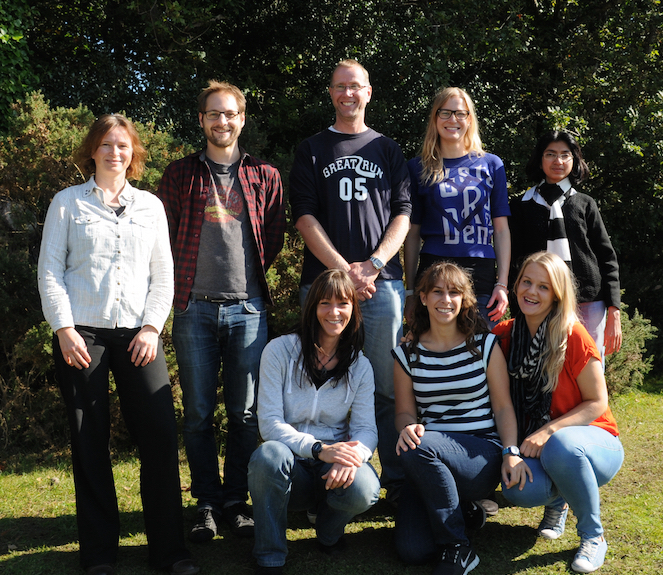
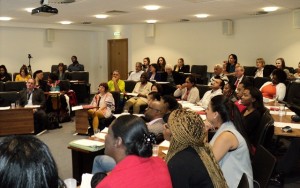
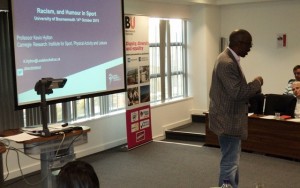
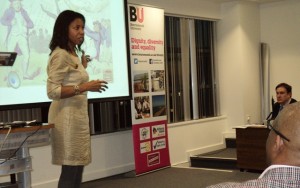
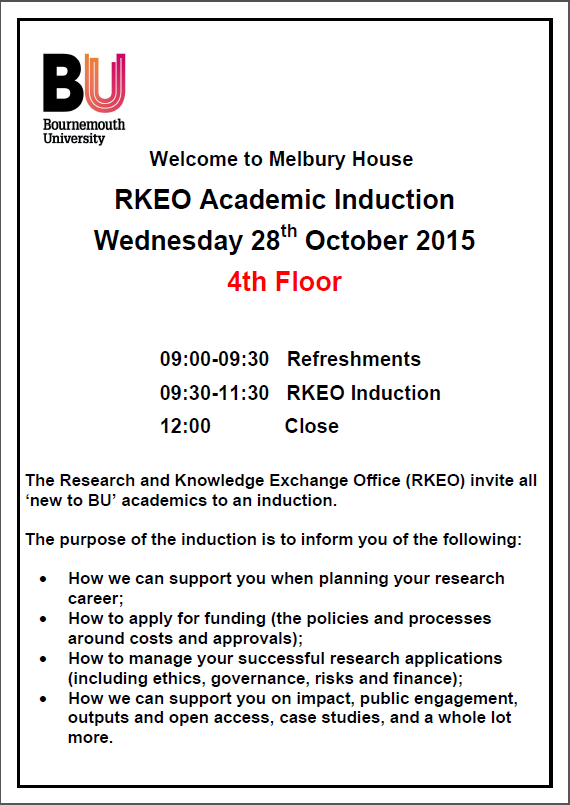


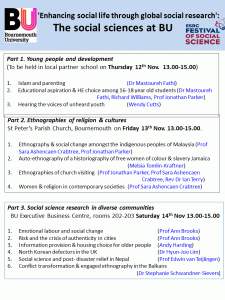












 New Nepal scoping review on maternal & neonatal health
New Nepal scoping review on maternal & neonatal health Fourth INRC Symposium: From Clinical Applications to Neuro-Inspired Computation
Fourth INRC Symposium: From Clinical Applications to Neuro-Inspired Computation Writing policy briefs
Writing policy briefs Upholding Excellence: The Concordat to Support Research Integrity
Upholding Excellence: The Concordat to Support Research Integrity ECR Funding Open Call: Research Culture & Community Grant – Application Deadline Friday 12 December
ECR Funding Open Call: Research Culture & Community Grant – Application Deadline Friday 12 December MSCA Postdoctoral Fellowships 2025 Call
MSCA Postdoctoral Fellowships 2025 Call ERC Advanced Grant 2025 Webinar
ERC Advanced Grant 2025 Webinar Horizon Europe Work Programme 2025 Published
Horizon Europe Work Programme 2025 Published Horizon Europe 2025 Work Programme pre-Published
Horizon Europe 2025 Work Programme pre-Published Update on UKRO services
Update on UKRO services European research project exploring use of ‘virtual twins’ to better manage metabolic associated fatty liver disease
European research project exploring use of ‘virtual twins’ to better manage metabolic associated fatty liver disease